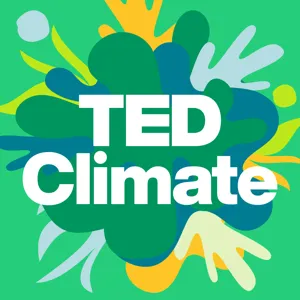Tennessee House Republicans voted to expel Reps. Justin Jones and Justin Pearson after they led a protest on the floor of the chamber in response to a recent deadly school shooting in Nashville.
Rep. Gloria Johnson, who also participated in the protest, held on to her seat by a single vote and suggested that's because she is white.
And the Biden administration released a report shifting blame for the chaotic final days of American troops in Afghanistan to the Trump administration. The document offered little information about what errors may have led to the deaths of 13 American soldiers amid a chaotic exit that left a number of Afghan allies stranded.
This episode: White House correspondent Tamara Keith, White House correspondent Asma Khalid, Nashville Public Radio reporter Blaise Gainey, Pentagon correspondent Tom Bowman, and congressional reporter Barbara Sprunt.
The podcast is produced by Elena Moore and Casey Morell. It is edited by Eric McDaniel. Our executive producer is Muthoni Muturi. Research and fact-checking by Devin Speak.
Unlock access to this and other bonus content by supporting The NPR Politics Podcast+. Sign up via Apple Podcasts or at plus.npr.org. Giveaway: npr.org/politicsplusgiveaway Connect:Email the show at
nprpolitics@npr.orgJoin the NPR Politics Podcast
Facebook Group.
Subscribe to the
NPR Politics Newsletter.
Learn more about sponsor message choices:
podcastchoices.com/adchoicesNPR Privacy Policy


